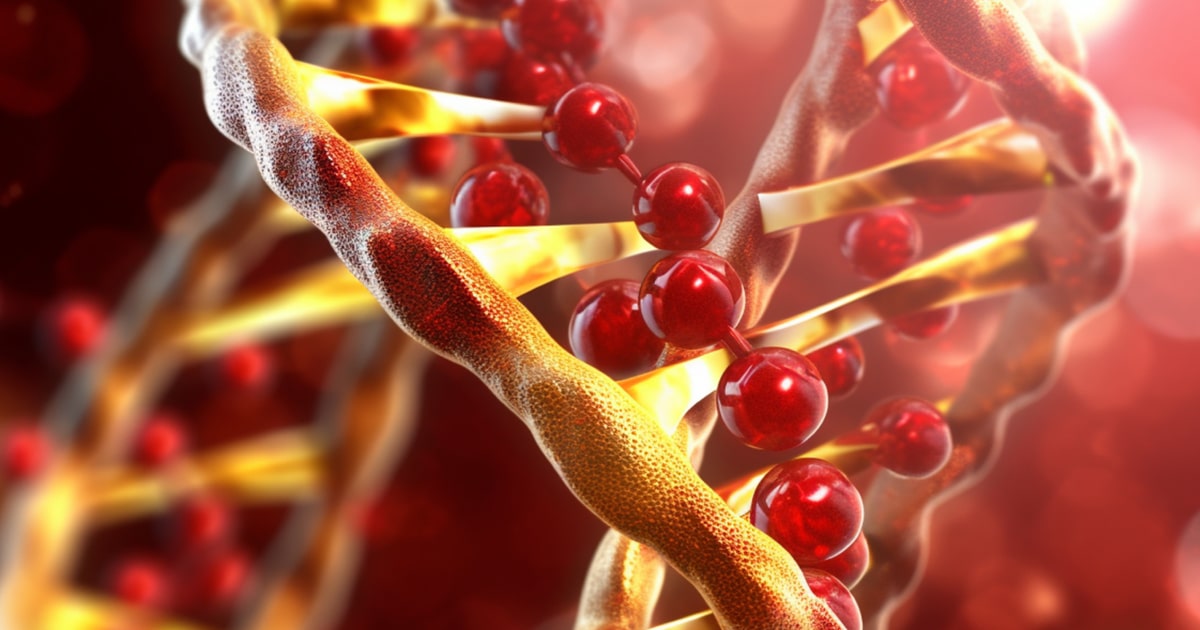
Expert Reviewed By: Dr. Brandon Colby MD
```htmlIntroduction to Cataract 20 Multiple Types
Cataract 20 multiple types is a genetic disorder that leads to the development of cataracts in the eye, often at an early age. Cataracts are characterized by the clouding of the lens, which can impair vision and may lead to blindness if left untreated. Unlike age-related cataracts, which typically affect older adults, Cataract 20 multiple types can manifest in children and young adults, making it a significant concern for affected families.
Understanding Cataract 20 Multiple Types
This condition is caused by mutations in specific genes responsible for the development and maintenance of the lens structure. These genetic mutations can be inherited in an autosomal dominant or autosomal recessive pattern, meaning that the disorder can be passed down from one or both parents. The variability in genetic mutations can lead to different types of cataracts, each with unique characteristics and severity.
Diagnosing Cataract 20 Multiple Types
Early diagnosis of Cataract 20 multiple types is crucial for effective management and treatment. Diagnosis typically involves a comprehensive eye examination, including:
- Visual Acuity Test: Measures how well a person can see at various distances.
- Slit-Lamp Examination: Allows the ophthalmologist to examine the structures of the eye in detail.
- Retinal Exam: Evaluates the health of the retina and other parts of the back of the eye.
In addition to these standard tests, genetic testing has become an invaluable tool in diagnosing Cataract 20 multiple types.
The Role of Genetic Testing
Genetic testing can provide a definitive diagnosis by identifying specific mutations responsible for the disorder. This information is crucial for several reasons:
Confirming the Diagnosis
Genetic testing can confirm the presence of mutations associated with Cataract 20 multiple types. This not only aids in accurate diagnosis but also helps differentiate this condition from other types of cataracts or eye disorders.
Guiding Treatment Plans
Understanding the specific genetic mutation involved can guide personalized treatment plans. For instance, certain mutations may respond better to specific surgical techniques or medical therapies. This personalized approach can improve outcomes and reduce the risk of complications.
Family Planning and Genetic Counseling
Genetic testing provides essential information for family planning. If a parent carries a gene mutation associated with Cataract 20 multiple types, genetic counseling can help assess the risk of passing the disorder to future children. This information can inform decisions about family planning and early interventions for at-risk children.
Research and Development
Identifying specific genetic mutations can also contribute to ongoing research and development of new treatments. By understanding the genetic basis of Cataract 20 multiple types, researchers can develop targeted therapies that address the underlying cause of the disorder rather than just the symptoms.
Conclusion
Cataract 20 multiple types is a complex genetic disorder that requires a comprehensive approach to diagnosis and treatment. Genetic testing plays a pivotal role in confirming the diagnosis, guiding personalized treatment plans, and providing valuable information for family planning and research. As our understanding of genetics continues to advance, the potential for improved outcomes and new treatments for Cataract 20 multiple types will undoubtedly grow.
For more information on genetic testing and its applications, visit the Semantic Scholar API key form.
```About The Expert Reviewer
Dr. Brandon Colby MD is a US physician specializing in the personalized prevention of disease through the use of genomic technologies. He’s an expert in genetic testing, genetic analysis, and precision medicine. Dr. Colby is also the Founder of and the author of Outsmart Your Genes.
Dr. Colby holds an MD from the Mount Sinai School of Medicine, an MBA from Stanford University’s Graduate School of Business, and a degree in Genetics with Honors from the University of Michigan. He is an Affiliate Specialist of the American College of Medical Genetics and Genomics (ACMG), an Associate of the American College of Preventive Medicine (ACPM), and a member of the National Society of Genetic Counselors (NSGC)